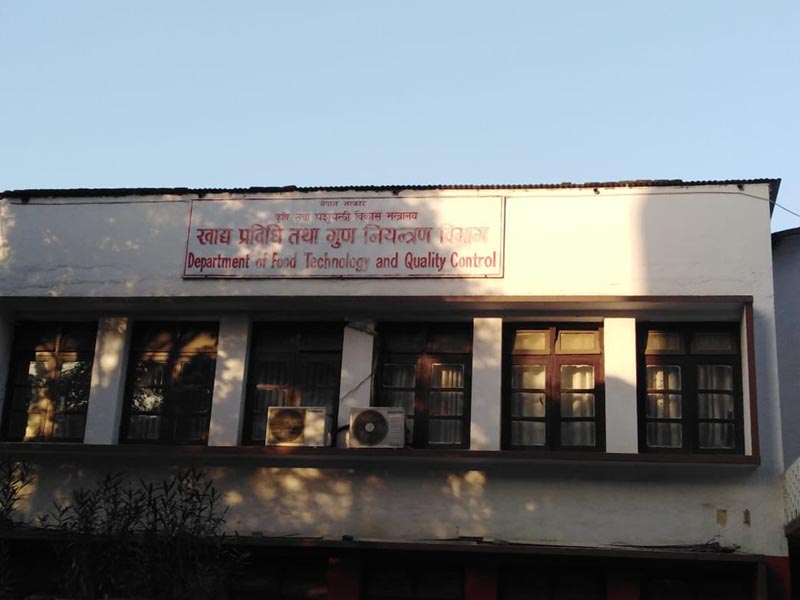Substandard milk products being sold in the market
Kathmandu, August 18
The Department of Food Technology and Quality Control has revealed that it has found some milk products, among other products, being sold in the market that are of highly substandard quality.
As per the annual report of DoFTQC, it had collected around 3,198 samples for quality test in the previous fiscal year 2019-20.
Among all the samples collected, 154 products were found to be of substandard quality, with 42 such samples being milk products.
The substandard products being sold in the market include packaged milk, butter, cheese and mostly sweets. According to Mohan Krishna Maharjan, spokesperson for DoFTQC, the department has filed cases against 11 firms that were found to be selling substandard milk and milk products. He added that many sweets and milk products which are being sold in prepackaged forms are either of substandard quality or date-expired products.
Meanwhile, animal feeds are the second highest substandard products being sold in the domestic market. A total of 27 feed products were found to be of substandard quality. The department also found 22 prepackaged food items, 19 drinking water brands and 16 oil and ghee products of inferior quality.
Others in the substandard list include 12 brands of tea, four samples of salt, three prepackaged vegetables and fruits and two brands of spices.
Two chocolate products and five other food items were also found to be of substandard quality in the market.
As per Maharjan, a total of 55 cases have been filed against firms that were caught selling substandard goods. Of them, 26 cases are related to firms selling substandard goods, 16 were selling unhygienic food items, 10 were selling date expired food items and three cases are related to sale of food against legal terms.
Meanwhile, in the last fiscal year, the department initiated immediate action against 461 firms — hotels, restaurants, grocery shops, meat shops — via the DoFTQC rapid response team based on the complaints registered by consumers.
Amid this, the department also halted production and distribution activities of factories selling 125 food items. According to Maharjan, the factories can resume operations once the cases are settled.
The department has been taking action against firms selling substandard food based on the Food Act.
The department is currently working with its 24 divisional offices in 24 districts and 12 food import/export certifying offices in eight districts.
A version of this article appears in e-paper on August 19, 2020, of The Himalayan Times.






